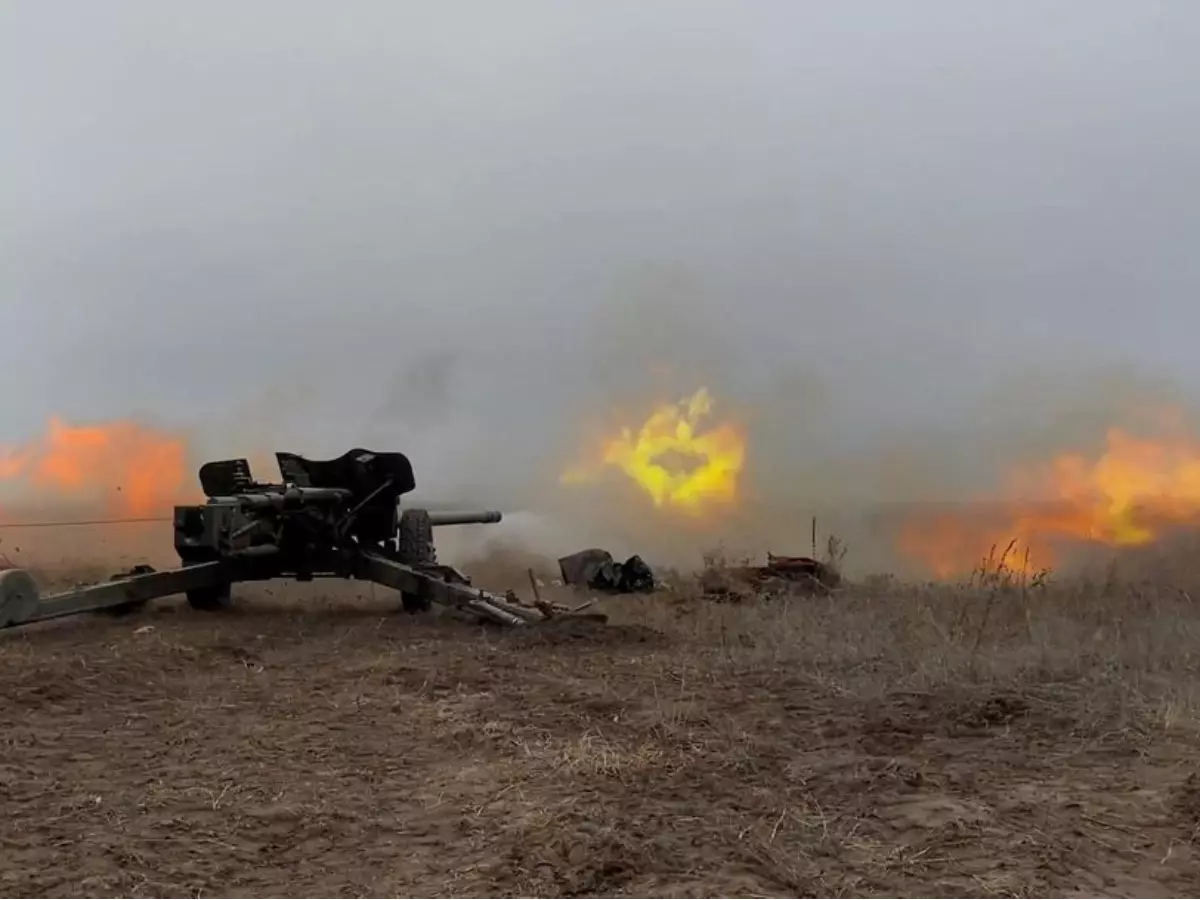Explained: Under What Conditions Waging A War Is Morally Justified
There is a general thinking among everyone that participating in a war and killing others is wrong. we have a 'natural duty' which is owed to persons generally not to injure or harm others. Just War Theory states conditions under which going to a war is considered morally legitimate and states limitations how the war should be fought.

There is a general thinking among everyone that participating in a war and killing others is wrong. we have a 'natural duty' which is owed to persons generally not to injure or harm others. Just War Theory states conditions under which going to a war is considered morally legitimate and states limitations how the war should be fought.
The theory sets moral boundaries on the waging of war.
The criteria for a Just War was developed by Thomas Aqui?n?as and it consists of three parts including jus ad bellum, jus post bellum and Jus Post Bellum. The first part is concerned with the ethics of declaring a war and demands the cause of war to be with the intention of bringing about peace. Waging a war should be a last resort.
The second part defines the moral principles to follow during war. In includes treatment of prisoners, protection of civilians, and prohibits the disproportionate use of force. The last part is about the justice of peace agreements and the termination phase of the war.
Jus ad bellum and Jus in bello:
 Reuters/Representational Image
Reuters/Representational Image
Under these elements, it requires that a war should be fought by legitimate powers. It applies only to States, not to the individuals. Although an individual can use the theory to help them decide whether it is morally right to take part in a particular war.
The cause of the war must be just and have the right intentions. The war must be fought to protect the innocent, or to support the rights of some oppressed group. Even while preparing for war, one should be open to negotiations.
It must be waged without love of violence, or cruelty and regret or remorse should be the proper att?it?ude. Peace should always be the main objective.
People who do not take part in the war should not be directly or intentionally attacked, although it is recognized that there may be accidental casualties. The enemy's natural rights are to be protected since they are also humans and must be treated with justice and respect, even after hostilities have begun.
Since the war was morally justified, there should be balance between the good achieved versus the harm done. For a war to be just, that war must be waged in order to right a wrong or to prevent an imminent injustice.
Just War Theory in Modern Age:
 Reuters/Representational Image
Reuters/Representational Image
The elements of the theory were formulated years ago and applying them in today's war scenario which consists of technology, nuclear power, bureaucracy and alien?at?ion is a tough job.
Although the moral status of war hasn't changed, rather the risks are phenomenally greater. Just War can be developed with few adjustments in the light of new technological and political developments, such as the invention of 'drones'.
Anyway, this theory is the only framework that we have for military inter?vent?ion, we can't just throw it away either. Even though the conditions of the theory is founded to limit wars, but those same conditions hold in which a war may be considered just may in fact make war possible and more likely.
